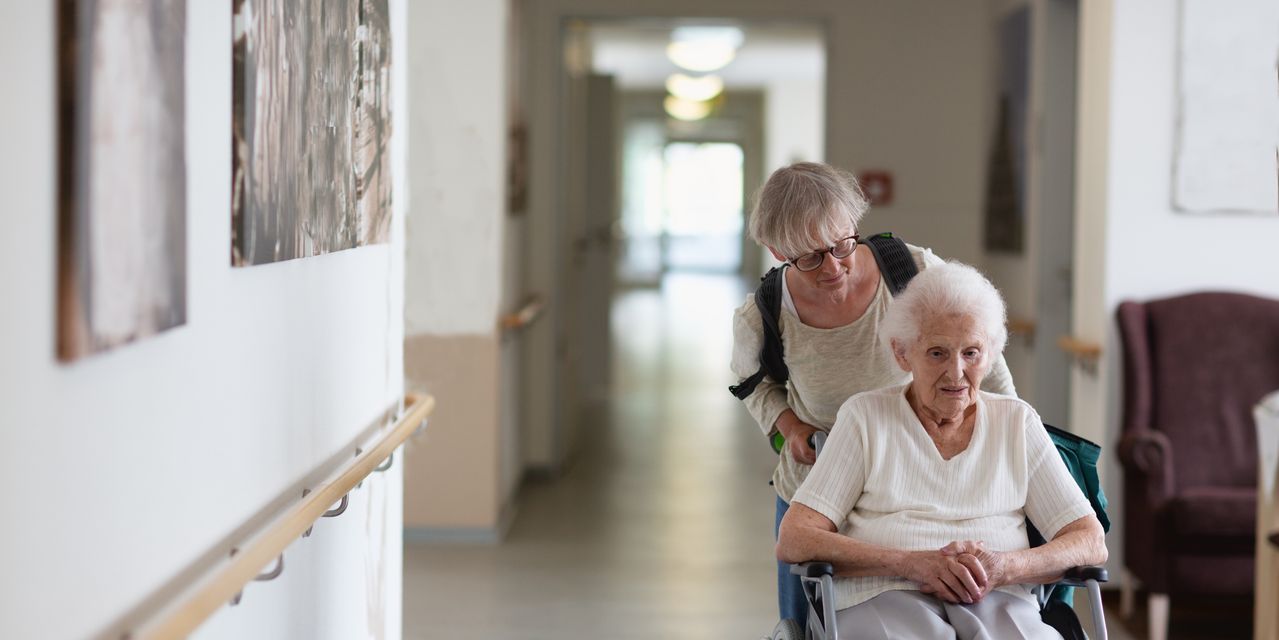Dear Harry,
My mother is currently in an assisted living facility. Her money will run out all too soon, and she will have to move to a place that takes Medicaid. She still owns her home. I realize that Medicaid will take her house. She was an extreme hoarder and the house won’t sell without major work. Does that mean we sign it over at the appropriate time and let Medicaid deal with the problem? Or are we expected to sell it on the market like any other home? If we use her money to fix up the house for sale, she won’t have any left.
Dear reader,
You are facing a tough, but not unusual, situation. Unfortunately, you’re stuck with dealing with the house. Neither your state Medicaid agency nor the facility will take it on. But you don’t need to act immediately. If you don’t sell the house during your mother’s life, the Medicaid agency will have a claim against your mother’s estate for reimbursement known as “estate recovery.” In effect, the policy is “pay us now or pay us later.”
You can sell the house “as is,” or try to get a better price by fixing it up, or at least cleaning it out. You can use your mother’s money for this purpose or borrow the necessary funds. If you advance your own money for these expenses, make sure you document it with a formal promissory note between your mother and yourself — even if you’re signing it as your mother’s agent under her durable power of attorney. And keep records of the money you have advanced. Otherwise, the Medicaid agency may deem any repayment of the loan as a gift from your mother to you causing a period of ineligibility for benefits.
The remaining proceeds of the sale will go to your mother and may render her ineligible for Medicaid until they’ve been spent down. In some states, you can shelter these funds for your mother’s benefit in a “pooled disability” or “(d)(4)(C)” trust managed by a nonprofit. This is unlikely to save the money for you because the funds still will be subject to Medicaid estate recovery, but they could be used for whatever might enhance your mother’s life during her remaining years.
Another approach would be to fix up the house and rent it out. It will still be subject to Medicaid estate recovery, but the net rental income would go to the nursing home, reducing Medicaid’s outlay and ultimate estate recovery claim. But this strategy makes more sense with high-value houses where the equity is likely to exceed any estate recovery claim. That’s not likely in your situation and, of course, you would no doubt have to invest more money to make the house suitable for rental.

